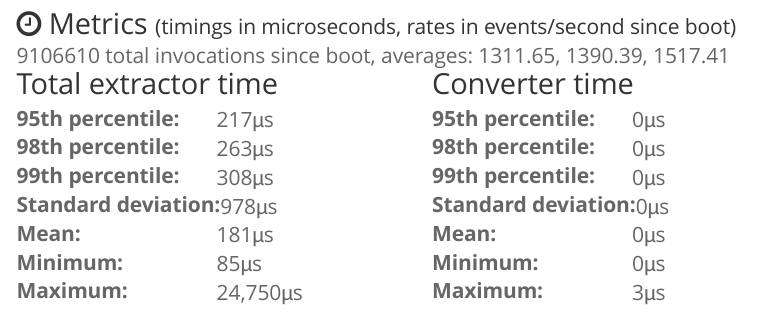ปี 2529 อยู่ ม.2 ไม่เคยเล่นเกม ไม่เคยใช้โปรแกรมสำเร็จรูป แตะคอมพิวเตอร์ครั้งแรกก็หัดโค้ดเลย
ROM เป็น BASIC interpreter สมัยนั้นเรียกของพวกนี้ว่า home computer ก็ไม่แน่ใจว่าเครื่องนี้เป็นของใคร แต่มันวางอยู่ที่บ้านที่ไปอาศัยอยู่ช่วงนั้น หัดจากคู่มือของเครื่อง (ภาษาอังกฤษ) หนังสือตัวอย่างโปรแกรมที่แถมมา จนเขียน BASIC เป็น
ม.ปลาย ที่โรงเรียนสอนภาษา Logo .. ช่วงนั้นมีเครื่อง PC ที่บ้านแล้ว รับจ้างเขียนโปรแกรม พิมพ์รายงาน
ป.ตรี รับจ้างเขียน inventory ให้ รพ.ศรีนครินทร์ (Clipper/Netware) โปรเจคจบเขียน C/C++ เป็นโปรแกรมบน Windows
ป.โท ระหว่างเรียนเขียน C, C++, CLIPS, LISP, Prolog, OCaml, Smalltalk, YACC, Lex, Java
ป.เอก เข้ารีต F/OSS ทำ packages ให้ LinuxTLE เขียนตาม upstream ใช้ภาษาไหนก็โค้ดภาษานั้น coding style แบบไหนก็ต้องตามนั้น เพลินมากจนเกือบเรียนไม่จบ 555+
อืม .. เดี๋ยวนะ ผมอยู่สาย sysadmin/ops มาตั้งแต่เรียน ป.ตรี นะหนิ (^^)a

